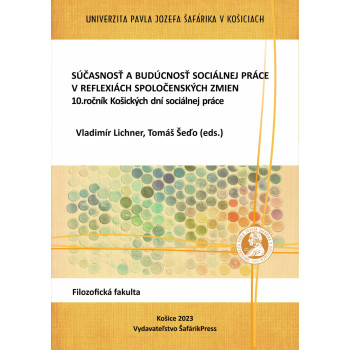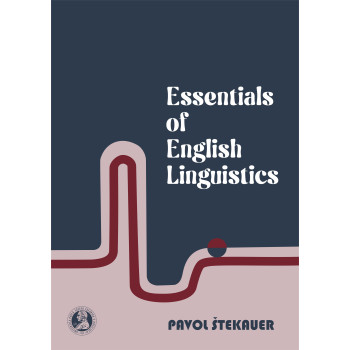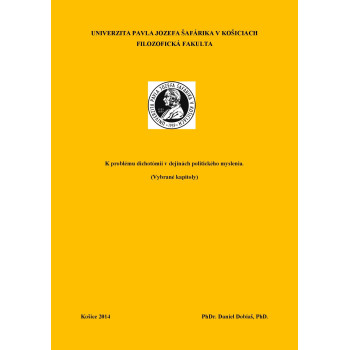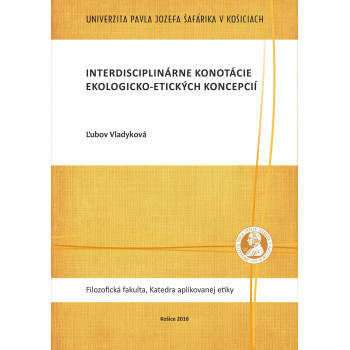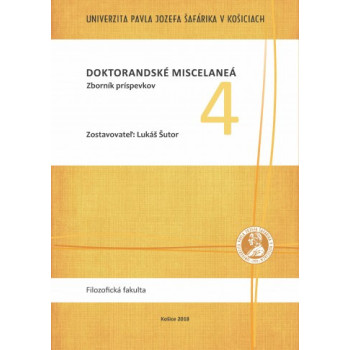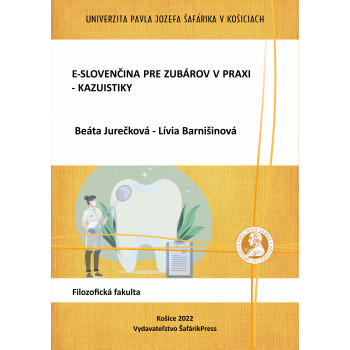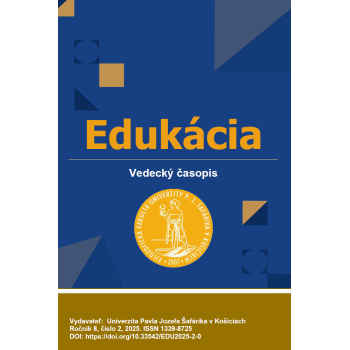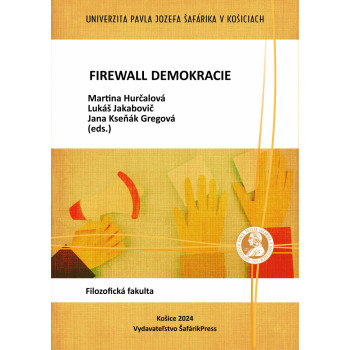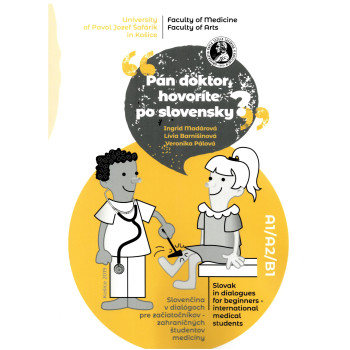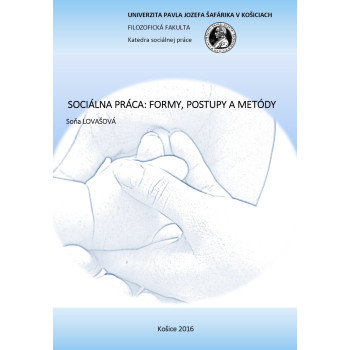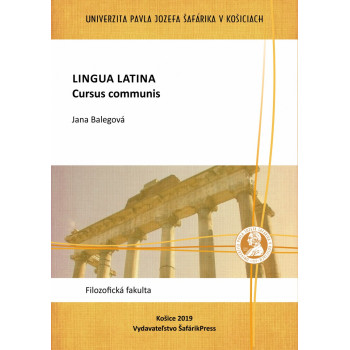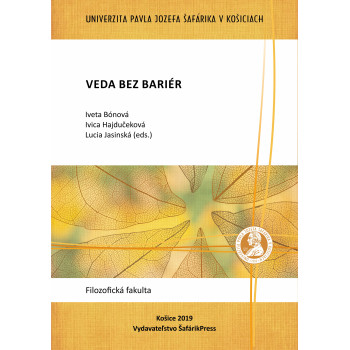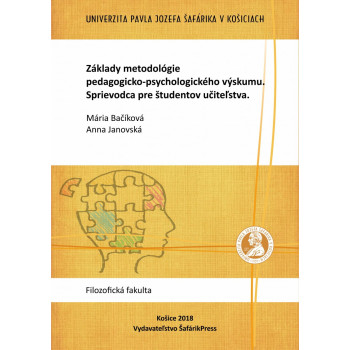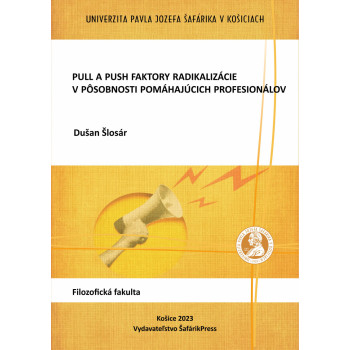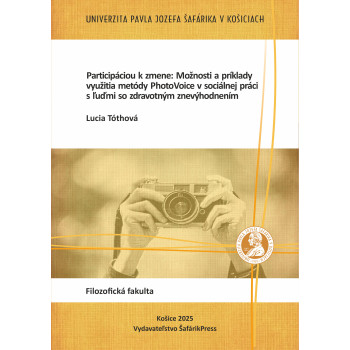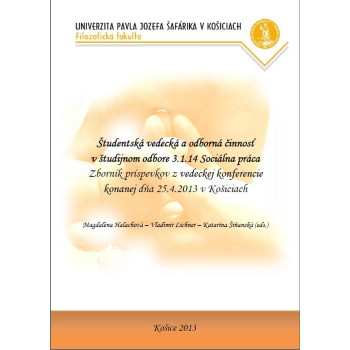
Súčasnosť a budúcnosť sociálnej práce v...
E-book
Peer-Reviewed Collection of Contributions from a Scientific Conference with International Participation Held on November 25, 2022 in Košice
"The presented peer-reviewed collection of contributions titled "Present and Future of Social Work in the Reflection of Social Changes" is the output of a scientific conference with international participation, marking the 10th anniversary of the Košické dni sociálnej práce, held on November 25, 2022.
The conference was dedicated to the vision of social work, its methods, and techniques in the context of societal changes. With the changing times come new challenges to which social work must be prepared to respond. The central focus of the collection is the search for answers to pre-defined questions: "Is the current social work system adequately configured for current societal problems? Can social work promptly respond to new and unknown challenges? Are the known methods of social work effective in dealing with contemporary negative phenomena? Do we need additional methods?
If so, what are they?" Individual contributions touch on theoretical concepts in the search for answers, but they also include empirically based contributions that reflect research results from various areas of society and problematic situations, with a view to providing recommendations for both the theory and practice of social work.
Download e-book for free (pdf)



